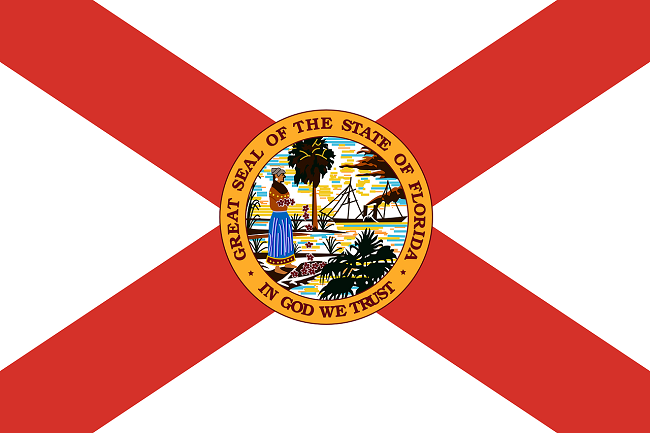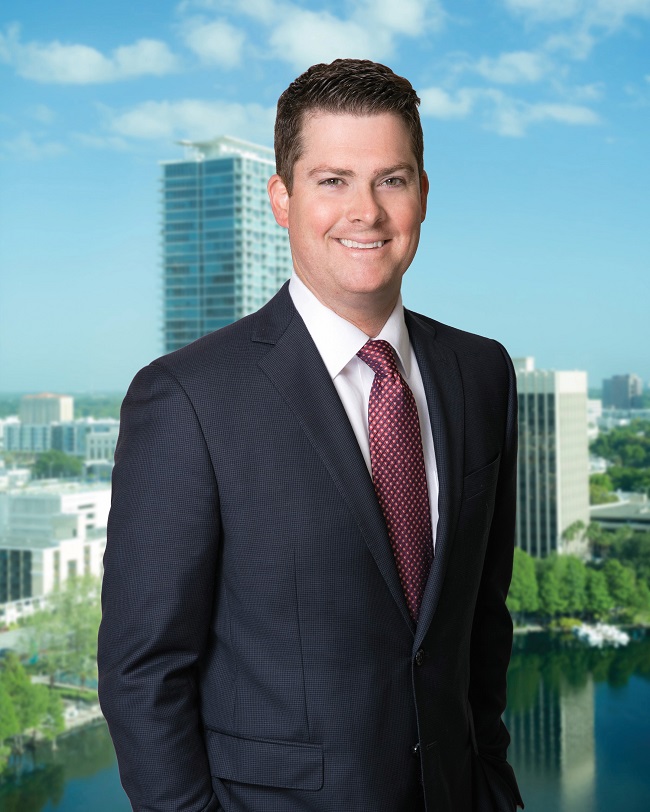
After several decades of consistently maintaining the status quo of Florida’s Prohibition-era legacy alcohol beverage regulatory structure, the last 10 years have seen significant disruption.
Primarily driven by the Florida Legislature and growing consumer demand for locally sourced wine, beer and spirits in a three-tier system state, legislation has been filed and passed to chip away at longstanding anti-competitive laws to allow more freedom in the marketplace. One example is allowing craft distilleries to sell directly to customers on-site.
Other legislative changes, such as allowing restaurants to sell and serve drinks to-go in 2021, began as pandemic-era necessities first put in place by executive orders and are now codified in state law.
Despite the influence of legislative term limits (leading to significant turnover in the Florida House and Senate every two years) and an increasing political desire to deregulate and streamline laws across various industries, more attempts at alcohol deregulation have failed than have passed over this timeframe. But this reality has certainly not tempered the desire of many policymakers to continue seeking more freedom.
Florida’s legislative and executive branches are poised to consider and potentially enact additional future changes in response to growing/changing consumer demands in the marketplace. What follows are just a few of the efforts the GrayRobinson Government Affairs and Lobbying Team is actively engaged in and watching.
Free the grapes!
For decades, Florida law has prohibited – complete with actual criminal penalties – the selling of wine in containers inconsistent with highly specific statutory parameters (more than 1 gallon unless exactly 5.14 gallons). While the history of this statutory scheme could be the subject of its own article, the result is Florida retailers, along with Florida farm wineries, are “behind the curve” in production and sales opportunities.
Florida retailers cannot sell wine in larger vessels, and residents and guests (nearly 100 million annually) cannot purchase in a way that is legal and prospering in other states like California. A multi-year effort has been undertaken to strike this archaic law from statute, and current legislative leadership appears more supportive of the concept than in years past. This may be considered during the Legislative Session beginning in March 2023.
Swim-up pool bars
Nearly 40 years ago, Florida’s administrative rules prohibited swim-up pool bars throughout the state. Suppose you have traveled to any international tropical tourism destination in recent years (Mexico, the Caribbean, etc.) or even to Las Vegas. In that case, you have undoubtedly noticed swim-up pool bars are a staple at major resort establishments. Because of the prohibition, despite the tourism economy and tens of millions of annual visitors, Florida has lacked the option to provide this amenity.
Legislation considered during the 2022 Legislation Session spurred action by the Florida Building Commission and the Florida Department of Health to change their rules to allow the construction and operation of these amenities in a safe manner. Official rule making should be complete within the next few months. Soon, you will be able to swim up to the bar at your favorite Florida vacation destination and order a cocktail without ever leaving the pool.
Decreased regulation for special restaurant exception liquor licenses
Florida has long required at least 150 seats in a restaurant to qualify for a Special Restaurant Exception (aka SRX) liquor license to sell beer, wine and spirits on-site. This license differs, of course, from a bar or package store license in that it requires more than 50 percent of the restaurant sales to be non-alcohol. The rise of smaller, boutique restaurants throughout the state – particularly in urban cores and downtown settings – has led to several “local bills” being filed and passed by the Legislature to exempt certain areas from this requirement.
In the coming session, we expect a legislative effort to lower the statewide requirement to 100 seats to capture even more restaurants without the need for an expensive quota license or the locally targeted bills (or at least not as many of them). Among the advocates for this initiative is the Florida Restaurant and Lodging Association, Florida’s largest tourism-focused advocacy group.
As you can see, there are many opportunities for growth within Florida’s alcohol beverage legal, legislative and regulatory arenas. Chief among them is the move toward market-driven regulation that is less dependent on post-Prohibition restrictions.


To stay on top of the ever-changing alcohol beverage industry, you are invited to follow the GrayRobinson Nationwide Alcohol Beverage Practice at Gray-robinson.com/alcohol-beverage-practice.
Robert F. Stuart Jr. is a senior government affairs advisor at GrayRobinson, based in Orlando and Tallahassee. Thomas Philpot is a shareholder at GrayRobinson and former president of the National Conference of State Liquor Administrators (NCSLA). He is based in Tallahassee.



